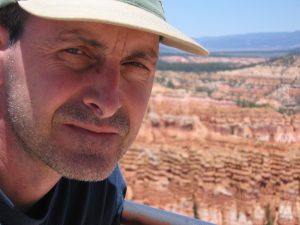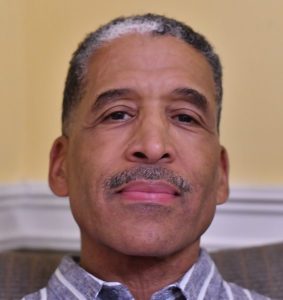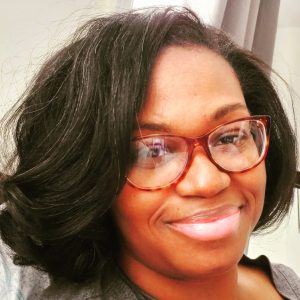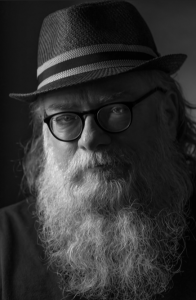
Within the salon’s dark cough, beauticians
glue fingernails to their anchorage.
Enslavement to labor is nothing like sleep.
Awake they wait for papers whose likelihood
is quantum mechanical. They consume, pay
taxes on tobacco and tea, and move through
a city as though stickless in a kennel
of unfamiliar dogs. Where they were born
they welcomed eggs without salmonella.
Extractive industry propelled a century
of blackened air. At night they could feel
atmospheric mud and the breath of siblings.
And into the night they would evacuate
to flee the earth’s hand-wringing. Here, they
subsist on a translated diet. They must train
the tongue backward and learn to swim
through natives’ suspicion. Headlong, they plunge
into the mainstream with so much fervor, so little rest.
Alan Elyshevitz retired as an assistant professor of English from the Community College of Philadelphia. He is the author of a collection of stories, The Widows and Orphans Fund (SFA Press), a poetry collection, Generous Peril (Cyberwit), and five poetry chapbooks. Winner of the James Hearst Poetry Prize from North American Review, he is a two-time recipient of a fellowship in fiction writing from the Pennsylvania Council on the Arts.








